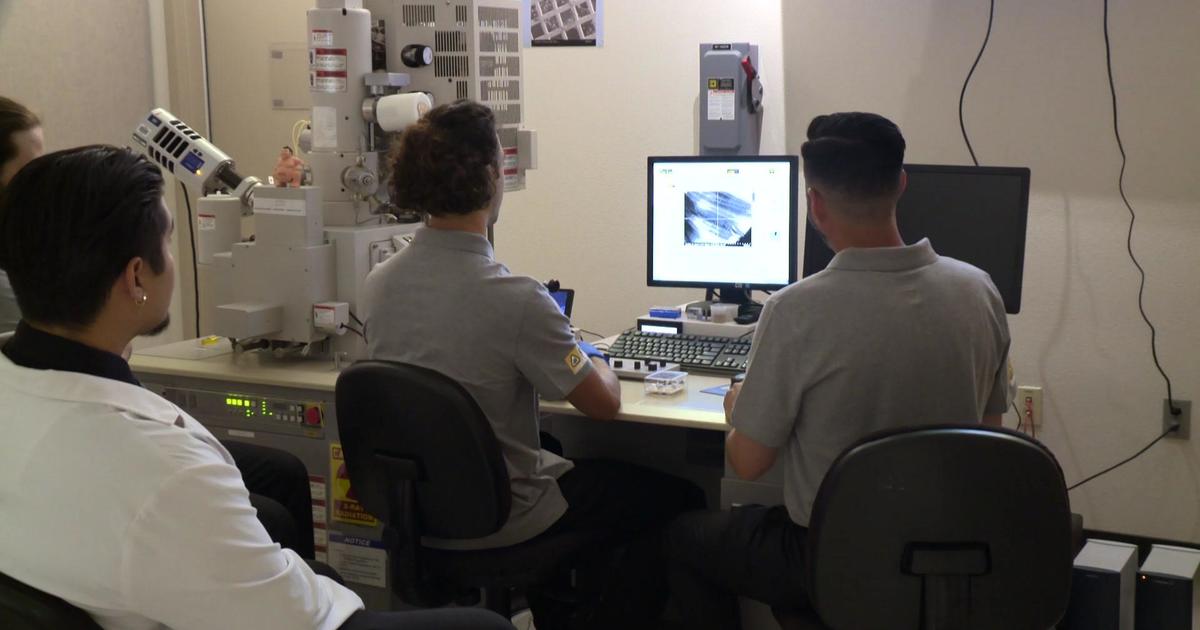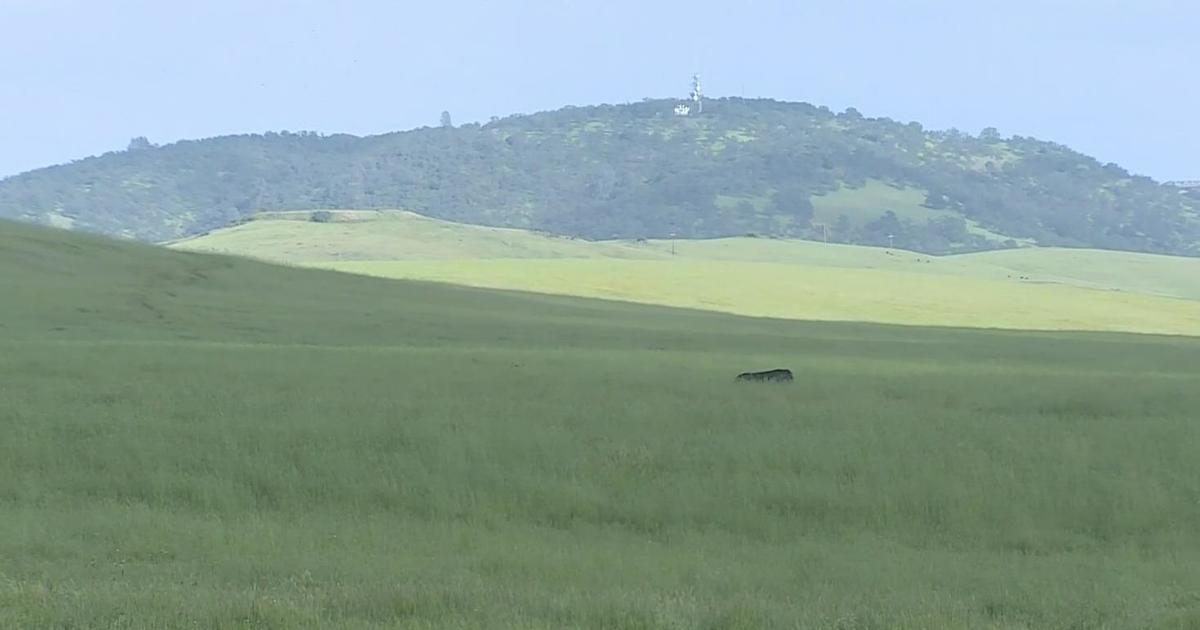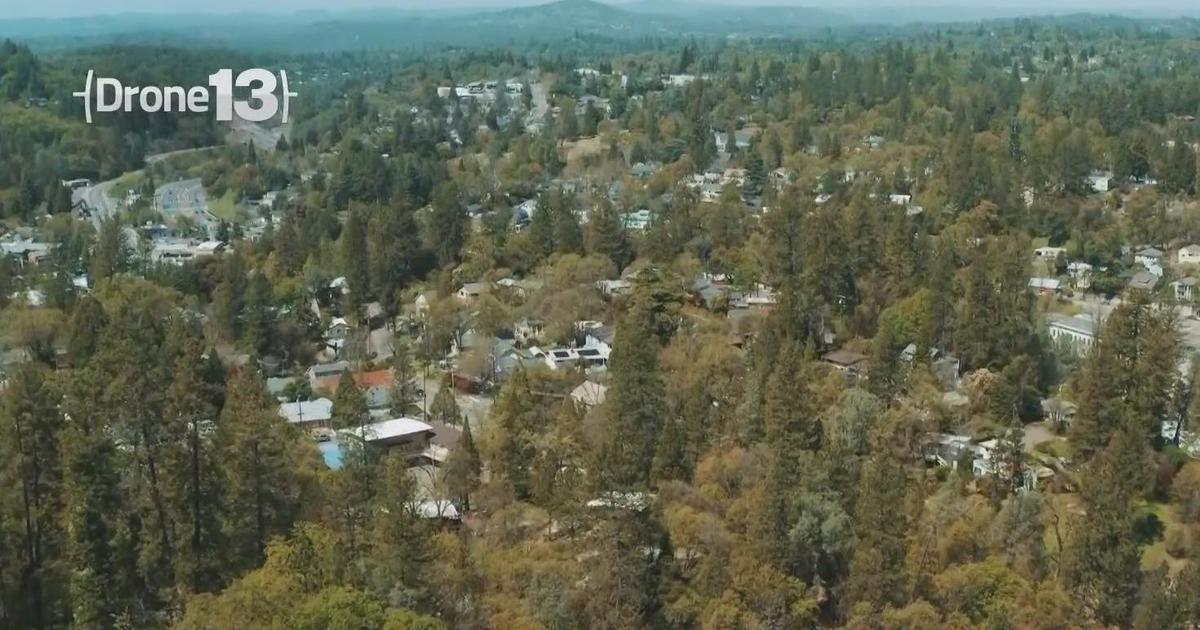Researcher: 10,000 Years Of Gold Rush Mercury Washing Downstream
Mining gold paid the bills more than 100 years ago, but now the environment is paying the toxic price of mining.
Miners learned they were need more than pans during the Gold Rush—they needed powerful machinery.
Hydraulic miners would shoot high-pressure water cannons called monitors at hillsides. Sediment washed down the sluice boxes. The heavy gold would sink to the bottom of the boxes while the sediment ran off.
But that wasn't enough for miners who wanted to get even more gold out of the water. They added mercury to the sediment during the mining process, which binds to gold, making it heavier and easier to recover.
It's been long-known that some of the poisonous mercury from the Sierra made its way downstream. One big example of that is the crater in Malakoff Diggins State Historic Park.
"It was more than a billion cubic meters of sediment," said scientist Michael Singer. "That's about a third as much as was displaced by the eruption of Mount Saint Helens.
All of that sediment eventually washed down into the south Yuba River, through the valley, and eventually into the San Francisco Bay.
Singer has found that it's not staying put, and that the problem is actually getting worse.
"There's a wave of contamination that's progressively moving farther and farther downstream," he said.
His research for UC Santa Barbara found that every decade or so there's a major flood along the rivers, which brings more mercury-laden sediment farther into the Central Valley.
Singer says there's enough mercury up there to keep pollution coming for 10,000 years. Now the worry is how it's affecting the population in the food chain of our waterways.
"Who knows whether you could reach a tipping point, with respect to mercury, where the numbers start crashing?" he said.
Singer says finding a solution is difficult because the pollution is ongoing.
"I can't imagine how much effort would be required or money really in order to do such a cleanup operation," he said.
The state's Office of Environmental Health Hazard Assessment says there's no risk of swimming or wading in the mercury-laden sediment.



